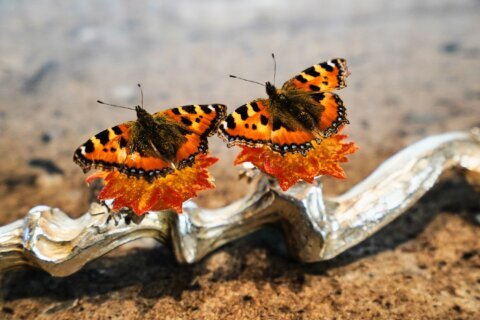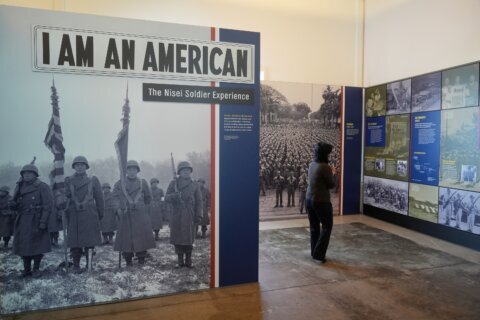On Monday, a German politician did what could have been seen as the ultimate faux paus — he rejected a handshake from his head of state, Chancellor Angela Merkel.
But rather than reprimanding him, Merkel smiled and praised German interior minister Horst Seehofer for his approach, which is growing more common as the coronavirus continues its global spread.
As authorities around the world scramble to contain the novel coronavirus, which has sickened more than 90,000 people and spread to more than 70 countries and territories, people have been facing a dilemma: How should I greet someone?
No kissing, even if you’re French
On Saturday, a French official advised against a long-time French tradition of “la bise” — the tradition of planting a kiss on a person’s cheek multiple times — over coronavirus fears.
“Reduction of physical social contact is recommended. This includes la bise,” French health minister Olivier Véran told reporters, adding that people should also avoid handshakes.
Officials in Australia have issued similar guidance, with New South Wales’ health minister Brad Hazzard suggesting that Australian’s “exercise a degree of care and caution with who you decide to kiss,” encouraging people to give each other a pat on the back instead of a handshake.
Authorities in Italy, which is facing the largest outbreak in Europe, have stopped short of outright advising against physical contact, but have admitted that reducing contact might come as a challenge.
“We have a collective social life that is very florid, very expansive. We have lots of contact, we shake hands, we kiss each other, we hug each other,” Italy’s special commissioner for coronavirus Angelo Borrelli told reporters last month.
“Maybe it is better in this period not to shake hands, and do not have too much contact, and try to be a bit less expansive, which is different from how I am,” Borrelli added.
So what’s the alternative?
With concerned citizens steering clear of handshakes, people around the world are getting creative with their meet and greets.
Dr. Sylvie Briand, the World Health Organization’s director of pandemics, has endorsed a range of greetings as an alternative to the handshake, including bumping elbows, waving and bowing with palms together in the Thai “wai.”
Meanwhile, videos have surfaced from Iran and Lebanon of friends tapping their feet to greet one another.
Etiquette coach William Hanson told CNN that greeting people in a “warm effusive style” would come across as polite in the absence of a handshake.
People should use an “open palmed gesture rather than a closed palm gesture… especially if you’re greeting lots of people at a networking event or conference,” Hanson said, adding that making eye contact should also be a priority.
“Let’s stop shaking hands for a while. I prefer the traditional Southeast Asian hands-together namaste greeting, although the elbow bump is fun,” Dr. Tom Freidan, former director of the US Centers for Disease Control and Prevention (CDC), wrote.
But experts agree — it isn’t always possible to avoid physical contact with everyone you meet.
“We are quite polite people generally, aren’t we — we don’t want to say that I’m not shaking your hands because it implies that they might be dirty,” Dr. Lisa Ackerley, adviser to the UK’s Royal Society for Public Health, told CNN.
Ackerley said that people should try not to panic about the spread of the virus, but where possible they should reduce physical contact with others, including shaking hands and kissing on the cheek.
“If you feel that that would be far too rude, then you just wash your hands afterwards or use a sanitizing gel — obviously, discreetly,” she said.
How do we stop the spread of the virus?
When it comes to human-to-human transmission of viruses, often it happens when someone comes into contact with an infected person’s secretions, such as droplets in a cough.
Depending on how virulent the virus is, a cough, sneeze or handshake could cause exposure. The virus can also be transmitted by touching something an infected person has touched and then touching your mouth, nose or eyes.
Caregivers can sometimes be exposed by handling a patient’s waste, according to the CDC.
“If we wash our hands frequently we should reduce the amount of coronavirus or any other organisms on our hands,” Ackerley told CNN.
“But it’s also the point of when we wash our hands. When we arrive at a public building, when we arrive at a meeting room or conference or school, university and home, or just normal workplace, that’s the point when we should be washing our hands to actually remove anything we’ve picked up on our journey.
“And then by having good hand washing at that point, we’re closing down some of the routes of transition from one person to another,” she said, adding that we should also try to avoid touching our faces.







